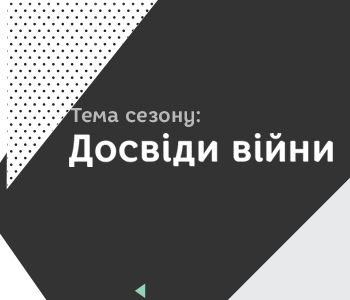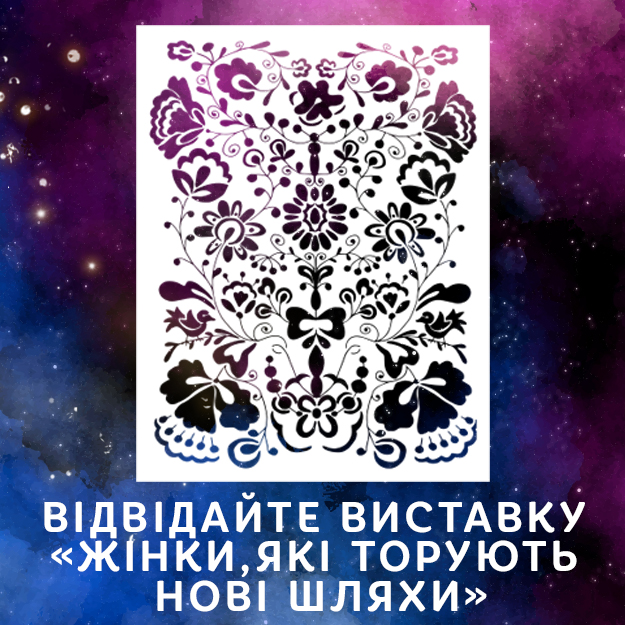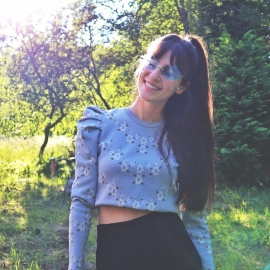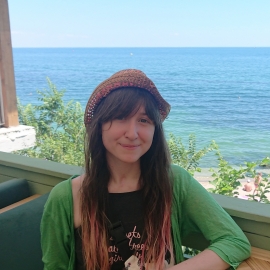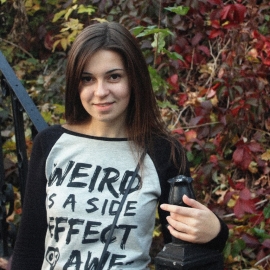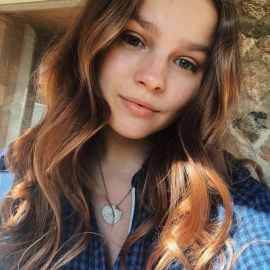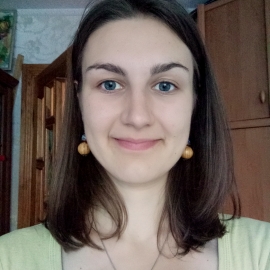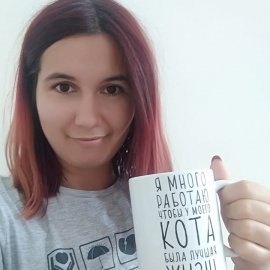- Тема сезону
- Спецрубрики
- Література
- Сексуальна освіта
- Безстрашні: вони творять фемінізм в Україні
- Поради батькам
- Юридична консультація
- Впливові: світ
- Впливові: Україна
- #HeForShe
- #Сексизм_патруль
- Collection of English Literature on Gender Issues in Ukraine
- Приятельська рекомендація
- Жінки в цифровізації
- «Жінки, які торують нові шляхи»
- Здоровий егоїзм у материнстві
- Освіта й гендер під час війни
- Бібліотека
- Спільнота
- Мультимедіа
- Новини
- Про нас
24 січня, 2026
Collection of English Literature on Gender Issues in Ukraine
The purpose of this collection is to make it easier for academic scholars as well as other interested readers to access knowledge about Ukrainian gender issues in English. Considering that all political and social spheres in Ukraine are intertwined with gender issues, this collection was limited to research that has gender as its primary focus. Publications that address Ukrainians living outside of Ukraine are not included, nor are historical publications unless they link directly to present-time issues. The publications are divided into themes, hence covering gender inequality in labour market participation, political power, family relations, gender-based violence, cultural understandings of feminism, femininity and masculinity, LGBT-issues and activism. To grasp the relative level of gender equality in Ukraine, wide-reaching cross-national reports are included. Within each theme, the content of the publications and their most important findings are briefly described. The material was compiled by Ane Kristiansen.
Розділи:
- Література
- Сексуальна освіта
- Безстрашні: вони творять фемінізм в Україні
- Поради батькам
- Юридична консультація
- Впливові: світ
- Впливові: Україна
- #HeForShe
- #Сексизм_патруль
- Collection of English Literature on Gender Issues in Ukraine
- Приятельська рекомендація
- Жінки в цифровізації
- «Жінки, які торують нові шляхи»
- Здоровий егоїзм у материнстві
- Освіта й гендер під час війни
Новини
Пропонуємо вашій увазі річний публічний звіт ГО «Експертний ресурс Гендер в деталях» за 2025 рік

06 грудня 2025
Шлях законопроєкту про реєстровані партнерства в Україні нагадує складну смугу перешкод. Поки політики шукають вікно можливостей, тисячі українців живуть у правовому вакуумі.

02 грудня 2025
Гендер в деталях оголошує відбір для державних і комунальних установ, які прагнуть підвищити ефективність управління персоналом та впровадити сучасні практики гендерної рівности на робочому місці.

22 жовтня 2025
Посол Франції в Україні Гаель Весьєр ділиться поглядом на роль феміністичної дипломатії у захисті прав жінок і гендерної рівності напередодні 4-ї Міністерської конференції, що відбудеться в Парижі 22–23 жовтня 2025 року.
Пропонуємо вашій увазі річний публічний звіт ГО «Експертний ресурс Гендер в деталях» за 2024 рік.
Переглянути українською або англійською мовою.
У зв’язку з динамічним розвитком соцмереж проєкту, шукаємо асистент_ку керівниці медіанапрямку. Це позиція для активної, зацікавленої в нових медіа людини, яка є на початковому етапі професійного зростання і готова навчатися в процесі роботи.
Експертний ресурс «Гендер в деталях» оголошує набір на участь у дослідницькому навчальному проєкті «Гендерний підхід в контексті всеохопної оборони».
25 жовтня у Києві пройшла конференція з протидії дезінформації «ДезАут: як вибити маніпуляції за межі інформаційного поля», організована ГО «Інтерньюз-Україна» за підтримки уряду Канади. ГО “Експертний ресурс Гендер в деталях” виступили інформаційними партнерами конференції задля підтримки ефективної роботи медіа.
Спільнота
Пів на першу ночі. Стою голяка на кухні та їм другий поспіль бутерброд із салом. До того я вже поглинула кілька цукерок, а заїм свій нехитрий бутер, скоріше за все, фініками. Ні, це не чиясь сексуальна фантазія про їжу в якості секс-іграшок. Просто ми з партнером були на етапі прелюдії, коли я відч ...
Вступити у філософську дискусію із Леді Марґарет Кавендіш, герцогинею Ньюкастлу-на-Тайні, означало назавжди змінити свої погляди. Народжена у 1623 році, Кавендіш була аристократкою, добре відомою в колах наукових мислителів, і висловлювала революційні для свого часу ідеї у сферах прото-фемінізму, на ...
Я лежу, і у мене всі ноги в шрамах. Я ходжу, і мої ноги набрякають. Я плачу, бо боюсь, що колись не зможу ходити. Історія прийняття моєї інвалідності. Я жінка, і я лесбійка. Збрешу, якщо скажу, що прийняти це було просто. Пам’ятаю, коли вперше почула, що мені не можна гасати по школі до черво ...
Це цитата з книжки «Приховане диво» Ніни Брохман та Еллен Стьоккен Дааль. Книжки, яка розповість вам усе про жіночі статеві органи, стать, секс, оргазм, контрацепцію та про хвороби й як їх уникнути. Насправді кожна сторінка цього підручника чогось вас навчить. Та розвіє багато міфів і допоможе кра ...
Я народилася в Україні, пострадянській державі, в якій назвати себе феміністкою може бути настільки ж дивно, як назвати себе повією. Зростала в традиційній родині, в мене був батько який працював і мама яка була вдома. Не тому, що вона не хотіла працювати, а тому що наш тато міг нас забезпечити, то ...
Чому я сьогодні тут? І хто я? Називай мене Паприка, хоча десь тут буде зазначено й моє справжнє ім’я. Що важливо знати про мене? Малюю, слухаю музику, перекладаю. Які мої погляди? О, я кетлінмораністка. Це як феміністка, але, ну знаєте, не така сурйозна і дотепніша. Звідки таке слівце? Та ...
Текст на основі коментаря незнайомого мені чоловіка у фейсбуці френдеси. "Я все розумію, але (c) мені не подобається ця риторика, що білі чоловіки тепер перед усіма в боргу, — пише він. — Я от особисто нікого не пригнічую і всіх поважаю однаково. Чого я тепер раптом всім винен?" ...
Книжка Луїзи Мей Елкотт написана ще в 1868 році, але досі актуальна. Вона була феміністкою і стала першою жінкою, що зареєструвалася для участі у виборах у Конкорді, штат Массачусетс. Її "Маленькі жінки" розповідають про те, що кожне прожите життя – це урок і певна історія. Сестри ...
